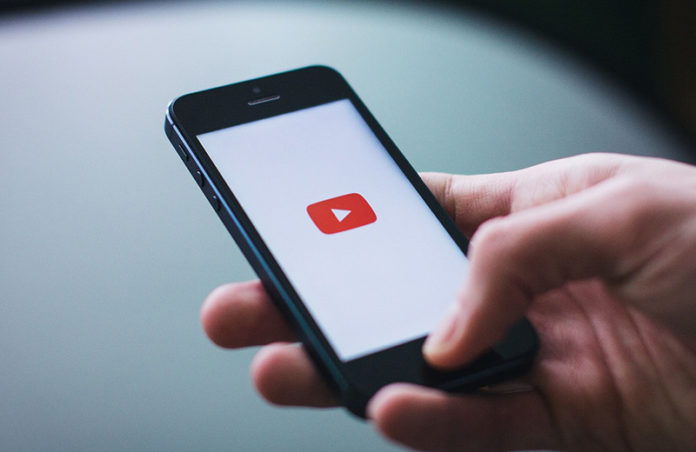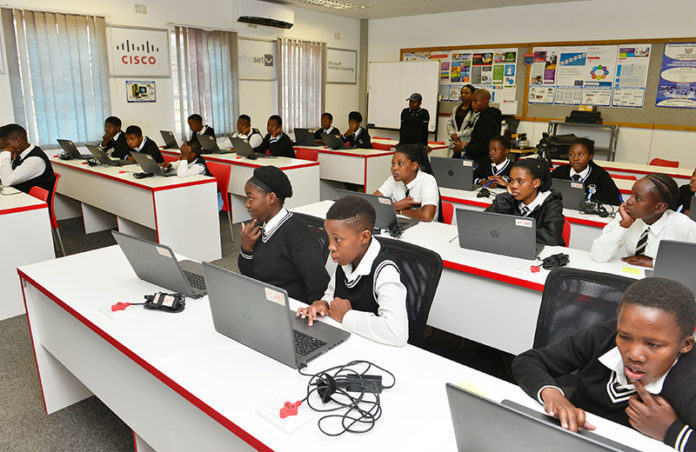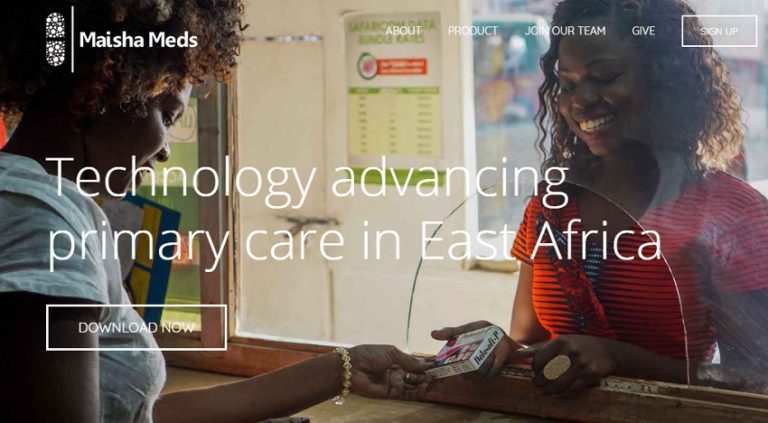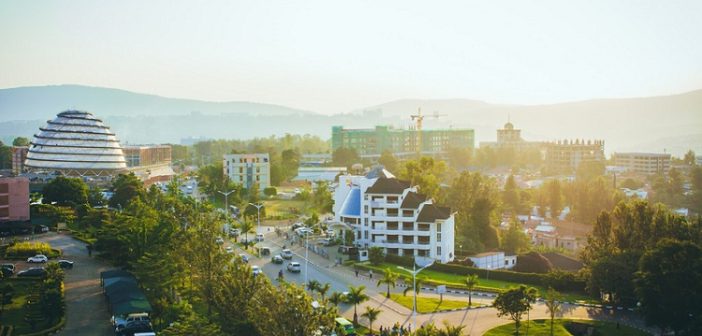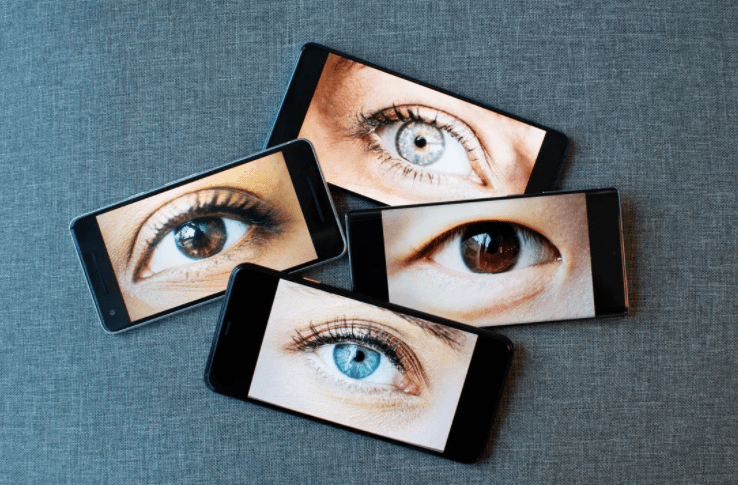Addressing the many challenges of NFTs market in Africa
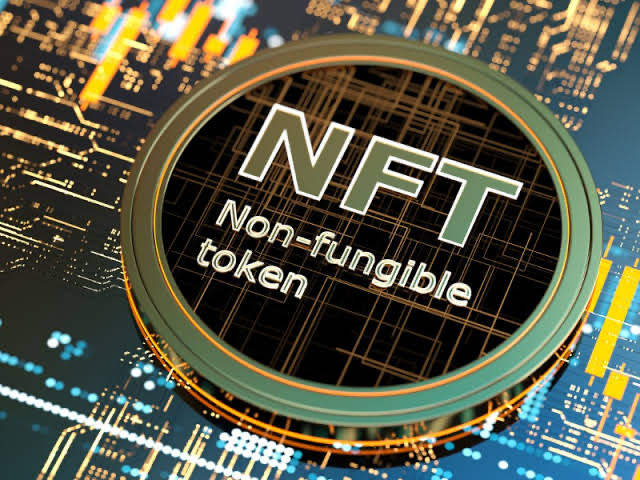
The story of non-fungible tokens (NFTs) has recently spread like wildfire, and Africa has joined the party. Some of these digital assets, ranging from art and music to games and videos, are worth millions of dollars.
In case you’re unfamiliar, NFTs are unique and non-interchangeable units of data on the blockchain, a digital ledger that serves as the foundation for cryptocurrencies such as Bitcoin and Ethereum.
Despite the fact that they have been around since 2014, NFTs are gaining popularity and influence as a popular way to buy and sell digital artwork. According to The Guardian, collectors and traders spent $22 billion on NFTs in 2021, up from $100 million in 2020.
Don Jazzy, the owner of a Nigerian record label, set the pace in the Nigerian music industry in 2021 when he made up to $300,000 in ten minutes on an NFT after working with a digital artist who created three artworks and had him add a background sound to them. Jacon Osinachi Igwe is widely regarded as the first African artist to have a series of NFTs displayed at Christie’s, a prestigious auction house in London.
Africans are now dancing more vigorously at the NFT party. According to a Finder survey, Nigeria is the sixth largest adopter of NFTs, with South Africa ranking 12th. The survey also suggests that due to the high level of interest among respondents, NFT adoption will more than double in these countries.
Several digital artists of African descent made their mark in 2021, and their works were minted on platforms such as Opensea, Foundation, Super Rare, Mintable, Wax, and many others. Africa NFT Community, Black NFT Art, Network of African NFT Artists, Afro Future DAO, Kenyan NFT Club, and Nigeria NFT Community are all communities founded by African digital artists. These communities served as a platform for collaborations and the sharing of ideas, resources, and challenges, as well as online and hybrid events focused on branding, storytelling, art promotion, and assisting emerging artists to scale.
However, despite Africans’ massive strides in the NFT space, artists and traders face bottlenecks.
Policies that are anti-crypto
Nigeria, Africa’s largest crypto market, is at the top of the infamous list of countries that have banned all cryptocurrency-related activities, followed by Kenya, Burundi, and several other African countries. The federal government of Nigeria has directed banks to close all accounts used for cryptocurrency transactions. The ban makes it difficult for artists to participate actively in NFTs.
Collectors are in short supply
African artists continue to face market challenges. When compared to art collectors, the number of creators is vastly outnumbering the number of collectors. In the NFTs market, there aren’t nearly enough African collectors.
Economy of the Creator
The creator economy is estimated to be worth around $100 billion globally. However, African creators have not received the same level of acclaim as their global counterparts. As a result, they don’t make as much money. Furthermore, many creators here have difficulty receiving payments because global payment processors are not fully established for African users.
Fees for gasoline
The exorbitant gas fees required for minting on most NFT marketplaces are one of the most difficult issues in the African NFT space. Though this cost is a threat to all forms of innovation, it prevents many African artists, particularly emerging ones, from participating.


